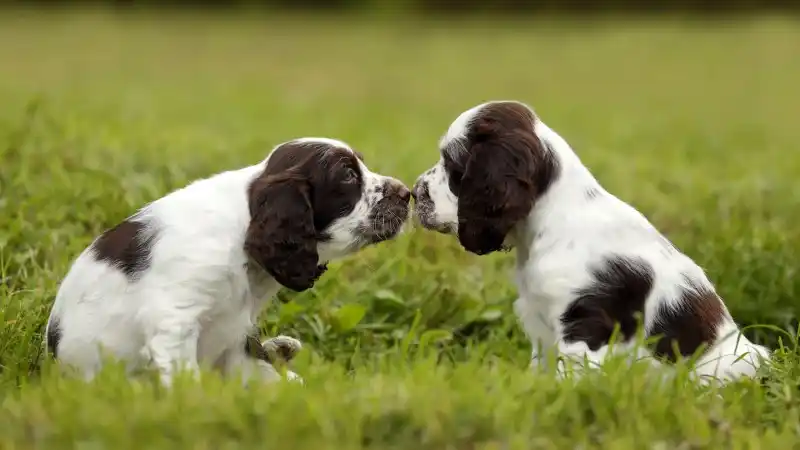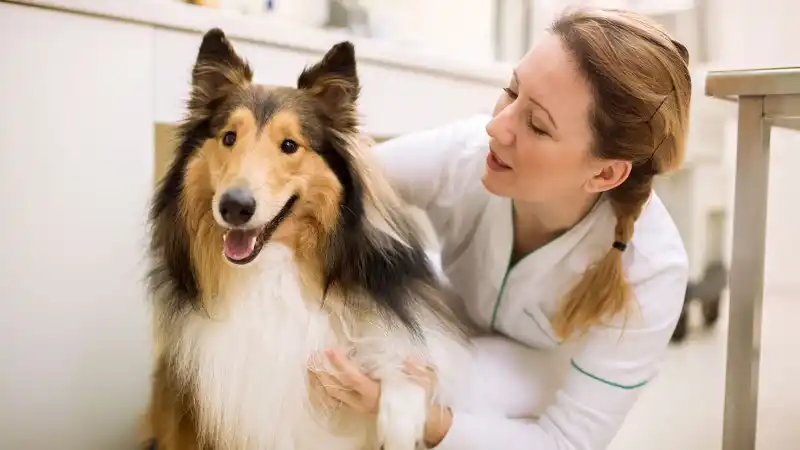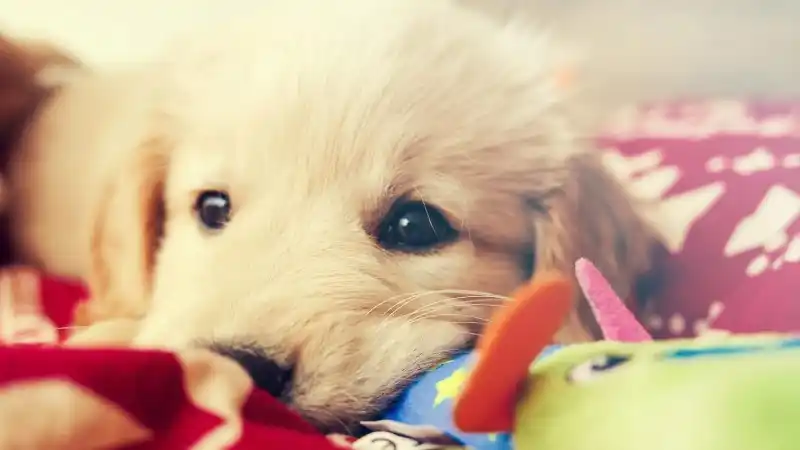Tips on Socializing Your New Puppy
Nurturing a well-adjusted dog doesn't come easy. Take the first few months with your new puppy to introduce him/her to exciting experiences and people!
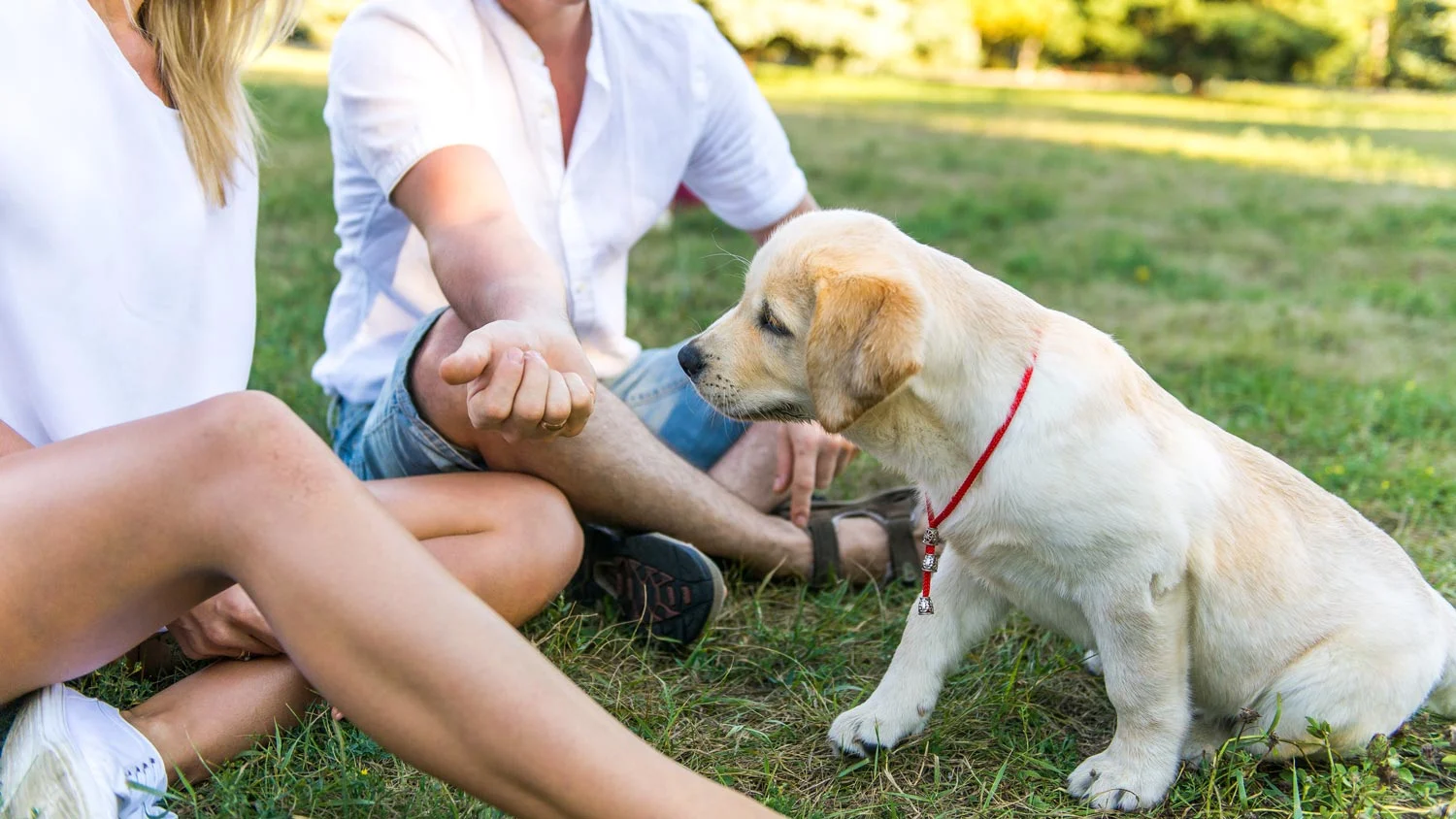
As a new dog owner, whether it is a puppy from a breeder or an adult from a rescue, you will inevitably hear the term “socialization” tossed around in one form or another. Knowing what that term means and when to do it can set you up for success when raising a well-adjusted dog. So what is socialization? Does your dog need it? How do you do it correctly? And what are the risks of doing it the wrong way?
What is Socialization?
Dogs have a critical developmental period that lasts from roughly 4 to 14 weeks. This is a phase in which your puppy is extra sensitive to new experiences. The quality of these experiences will affect his personality for the rest of his life. Positive experiences with all sorts of people, noises, environments, dogs, normal household objects, thunderstorms, fireworks, grooming procedures, the vet clinic, etc. can help keep your pup a well-adjusted, happy dog. Negative experiences can have long-lasting detrimental effects. Socialization maximizes the chances of your pup becoming a well-adjusted adult!
How old is too old?
If your puppy is over 16 weeks she is out of her Socialization Period, but it is not too late to do socialization! You can still expose your dog to new people, places, and things as long as you keep it positive! Just keep in mind, older dogs will take longer and be less effective to socialize than younger dogs who are still in their Socialization Period.
Top Tips for Socializing
1. Introduce your pup.
If possible, start with a low-intensity version and then gradually build it up. (i.e. Introduce the vacuum cleaner while it is OFF first, then while it is moving, then ON from across the house.)
▪ Allow pup to approach stimulus on his own. (You can encourage him to approach.)
▪ Use a happy tone of voice.
▪ Feed your pup treats on/from/near the stimulus.
▪ Watch your pup’s body language to ensure he is happy and comfortable.
▪ Teach him to focus on you too. (Many people forget this tip.)
2. Watch for subtle stress body language in your pup, such as:
▪ Tense body: The pup’s body looks rigid or tight.
▪ Lip lick: The tongue briefly licks the lip/nose.
▪ Look away / Turn away: The pup looks away from the stimulus or turns his head away.
▪ Stress yawn: The pup yawns when he is not sleepy.
▪ Shake off: The pup shakes as if he is wet.
▪ Ears pinned back.
When a pup is stressed, they often do several of these all at once.
3. Some places to take your young puppy:
▪ Parking lots.
▪ Shopping centers.
▪ Friends’ homes with well behaved, healthy, vaccinated dogs.
▪ 5k Races (watch them, don’t participate).
4. How to help stressed / scared puppies
▪ Reduce the intensity of the situation: Move further away, make it quieter, ask people to crouch and turn sideways, etc.
▪ A happy voice and friendly interactions with the stimulus can help. Walk up and interact with the stimulus. If it’s a sound, get playful every time it happens.
▪ Take a break: If your pup shows signs of fear and/or aggression during socialization, stop socializing him to that particular thing and contact a qualified professional.
▪ Keep it positive! 1 negative experience = 10 positive experiences.
5. Socialization don'ts
▪ Don't force your puppy into a situation against their will.
▪ Don't scold or punish your puppy for fearfully aggressive or over exuberant behavior.
▪ Don't jerk on the leash.
▪ Don't overwhelm your puppy in the hopes that they will “just get used to it”.
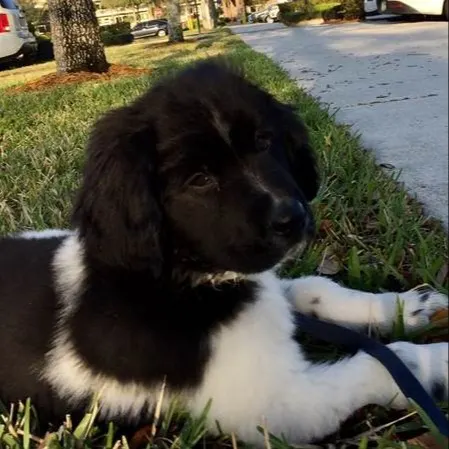
Justin Moorman graduated at the University of Lincoln, England where he received his Masters in Clinical Animal Behavior in 2012. Completed his Bachelor’s in Animal Health Technology at Murray State University in 2008. He is a Registered Veterinary Technician, has been in veterinary field for over 14 years, and has been training professionally for 7 years. He has a special interest in feline agility training, communication through body language, and pheromonatherapy. Justin now lives in Cary, NC with his cat Ami, Newfoundland Brego, and fiancee Nicole. In his spare time he enjoys historical swordsmanship, learning Japanese, and playing tabletop games.
READ MORE ARTICLES